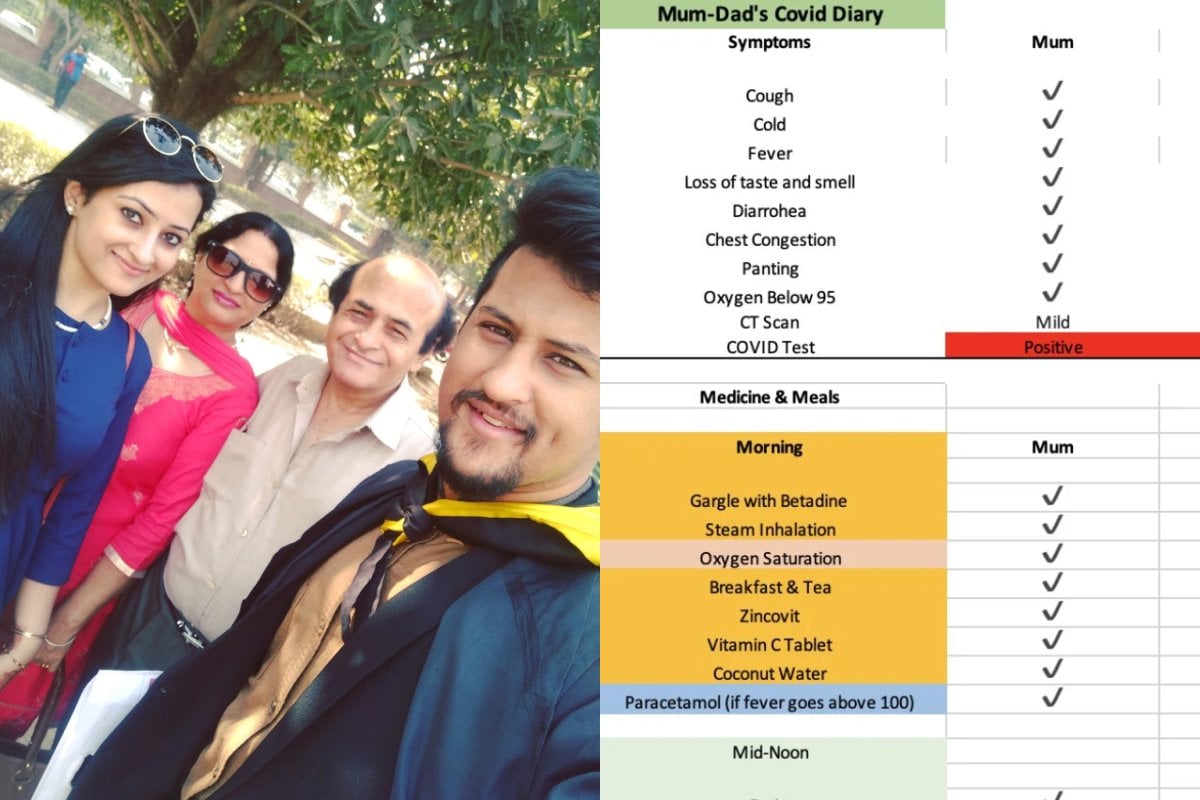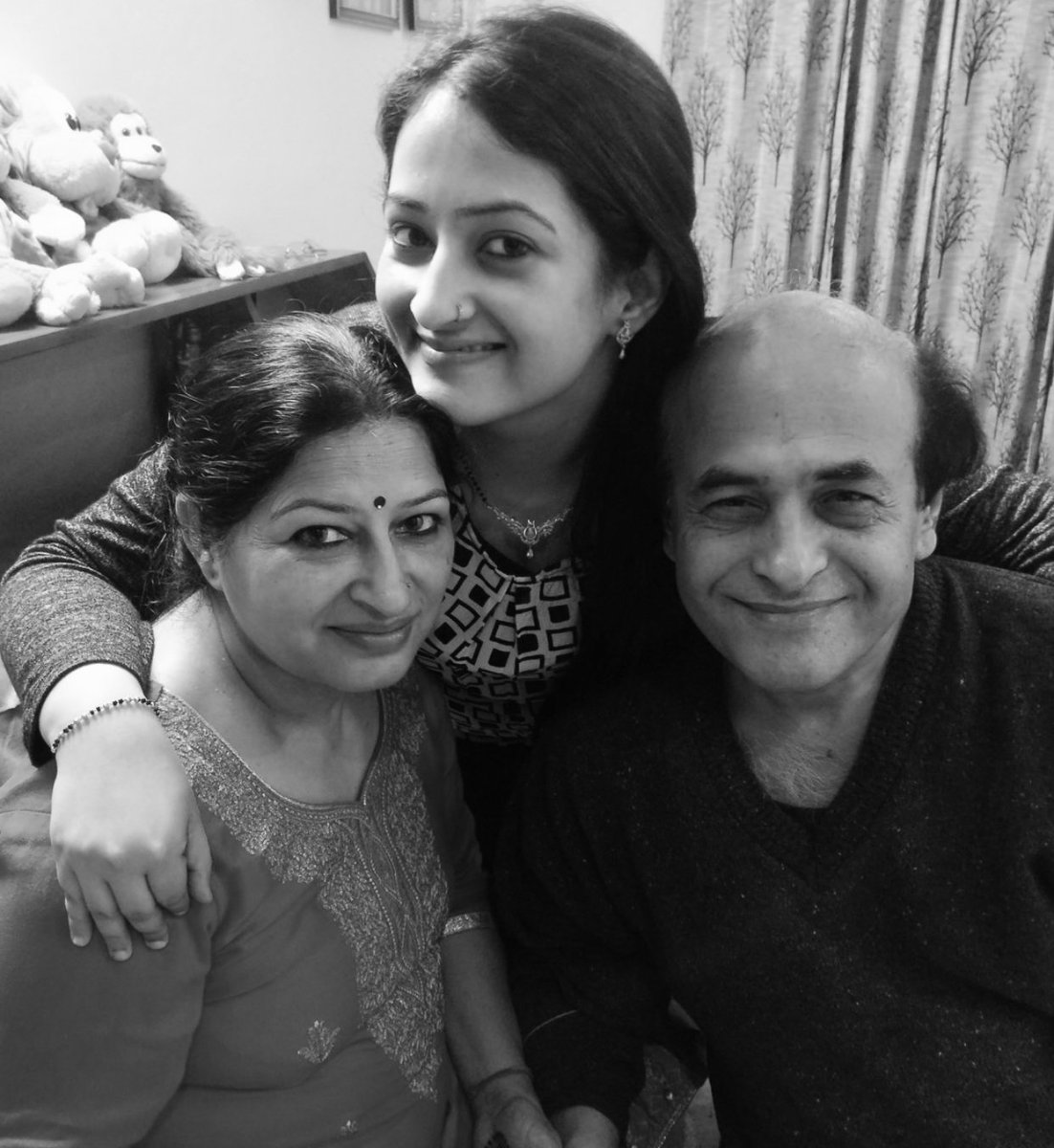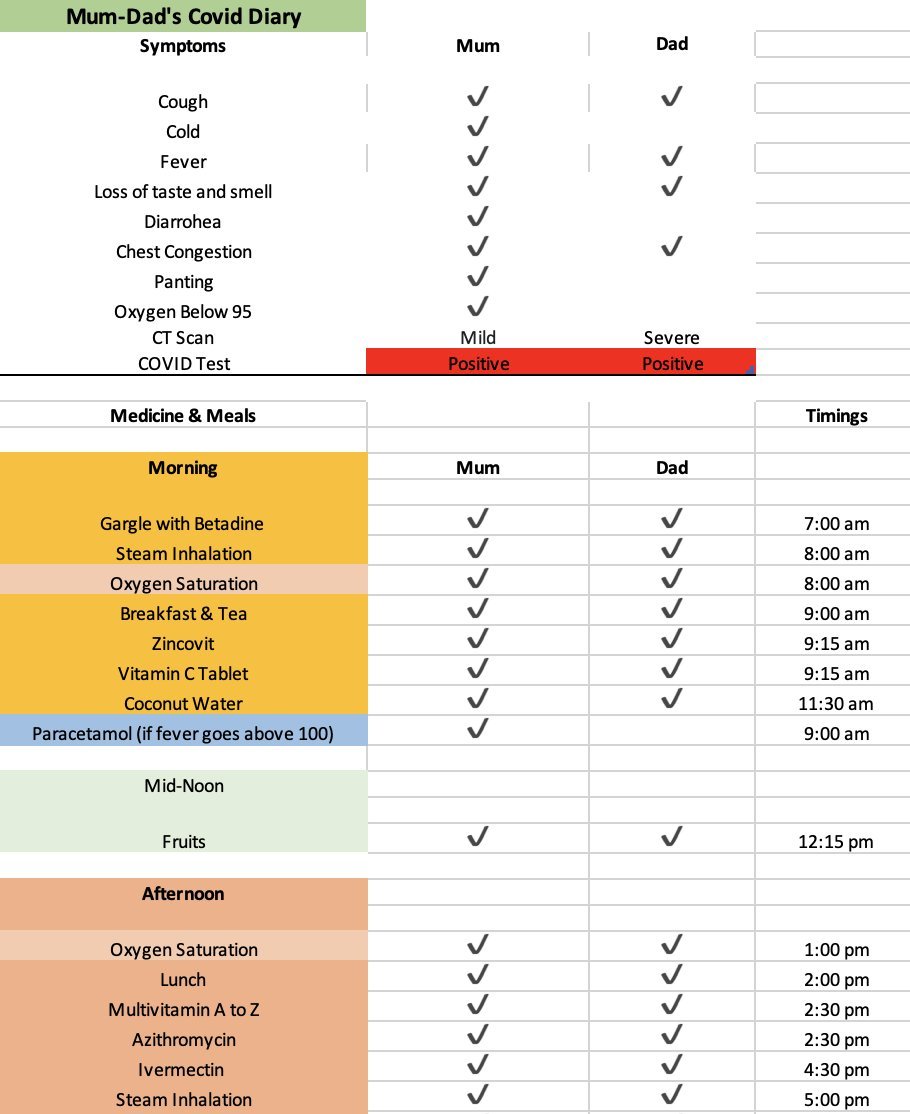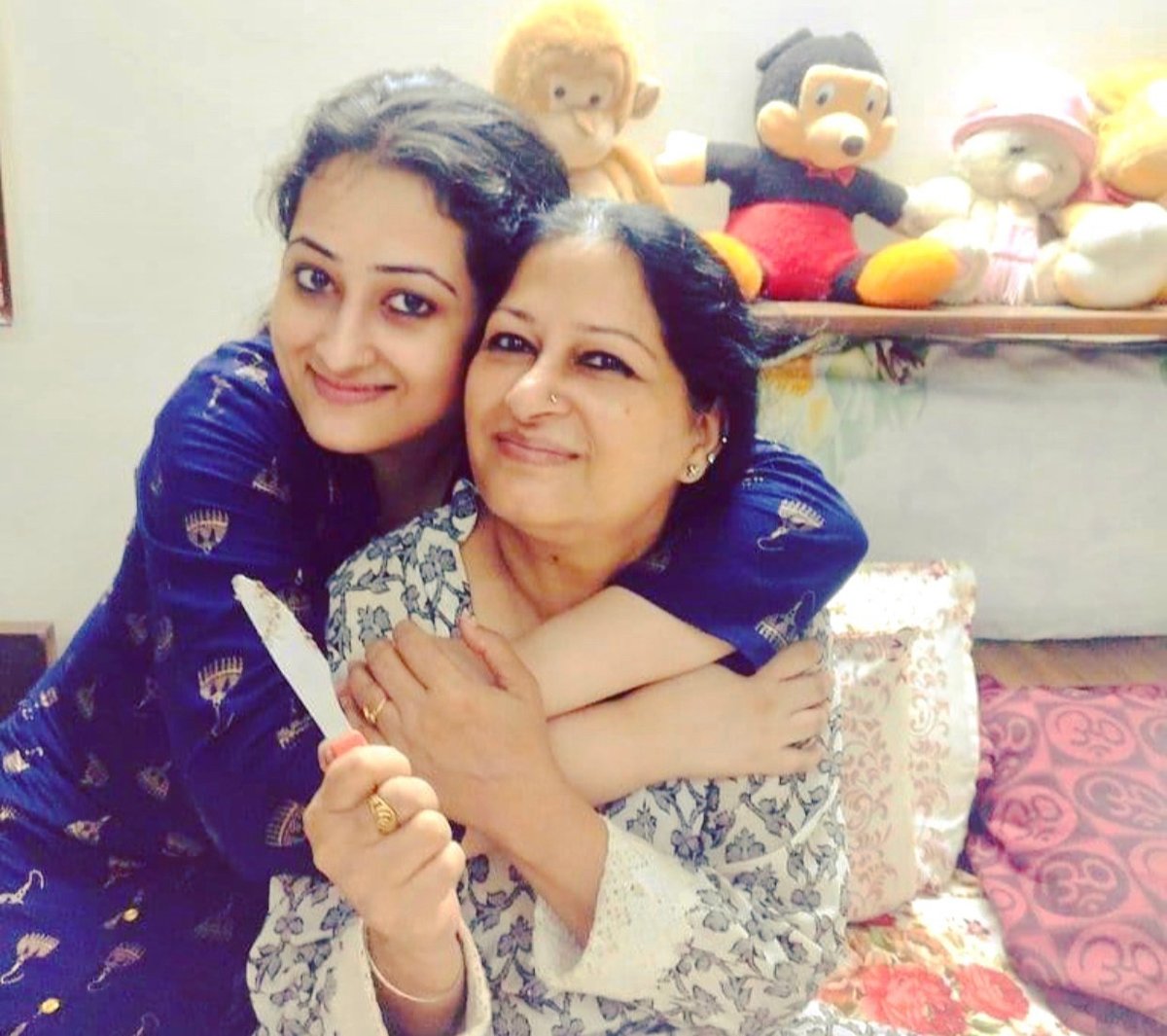
It was a regular morning in late April.
I had just gotten off a work call, ticking through my long to-do list, when I received a WhatsApp text from my younger brother, who lives with my parents in New Delhi.
It was the time when India's devastating COVID-19 wave with the Delta variant had hit its peak.
Watch: Things you never say in 2021. Post continues below.
The country was going through its worst phase, with social platforms screaming about oxygen cylinders and blood plasma.
I'd felt blessed every morning not waking up to some emergency text or call from home, except that day I did.
When my brother texted around 9am asking me to call him as soon as I got his message, I knew something was not right. I immediately called him to hear what I feared - dad had contracted the virus.
My mum and dad had gotten their first jab and were waiting for the second dose when the uncontrollable second wave emerged in India.
Dad had started to show the early symptoms of a rough cough and fever - symptoms of the same monster that had been killing people close to me.





Top Comments